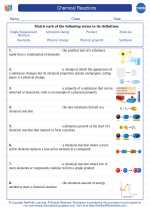Tools in Chemistry
In the field of chemistry, various tools are used to conduct experiments, analyze substances, and measure quantities. These tools are essential for conducting accurate and precise chemical investigations.
Laboratory Glassware
- Beakers: Used for holding, mixing, and heating liquids.
- Flasks: Come in different shapes, such as round-bottom and Erlenmeyer, used for mixing, heating, and storing liquids.
- Test tubes: Used for holding small samples, mixing, and heating.
- Graduated cylinders: Used for measuring volumes of liquids.
Measuring Tools
- Burettes: Used for dispensing precise volumes of liquid.
- Pipettes: Used for transferring small, precise volumes of liquid.
- Weighing scales: Used for measuring the mass of substances.
- Graduated pipettes: Used for measuring precise volumes of liquid.
Analytical Instruments
- pH meters: Used for measuring the acidity or alkalinity of a solution.
- Spectrophotometers: Used for measuring the absorption or emission of light by a substance.
- Gas chromatograph: Used for separating and analyzing compounds in a gaseous state.
- Mass spectrometer: Used for identifying the composition of a sample based on the mass-to-charge ratio of its ions.
Safety Equipment
- Laboratory coat: Worn to protect clothing from spills and splashes.
- Gloves: Worn to protect hands when handling chemicals.
- Safety goggles: Worn to protect the eyes from chemical splashes or fumes.
- Fume hood: Used to contain and vent fumes from chemical reactions.
Study Guide
To effectively study the topic of tools in chemistry, it is important to understand the purpose of each tool, its proper usage, and the safety precautions associated with its use. Review the different types of laboratory glassware, measuring tools, analytical instruments, and safety equipment. Practice identifying these tools and describing their functions. Additionally, familiarize yourself with the units of measurement used in chemistry, such as milliliters, grams, and moles, as they relate to the use of various tools.
It is also beneficial to learn about the calibration and maintenance of laboratory tools to ensure accurate measurements and reliable results. Understanding the principles behind the operation of analytical instruments, such as spectrophotometers and gas chromatographs, will enhance your knowledge of their applications in chemical analysis.
Lastly, review the safety guidelines for working with laboratory tools and equipment, including proper attire, handling of chemicals, and emergency procedures. Familiarize yourself with the Material Safety Data Sheets (MSDS) for common laboratory chemicals to understand their potential hazards and safety precautions.
By mastering the knowledge of tools in chemistry and their applications, you will be well-equipped to conduct experiments and analyses with precision and safety.
[Tools] Related Worksheets and Study Guides:
.◂Chemistry Worksheets and Study Guides High School. Chemical Reactions
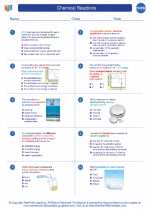
 Worksheet/Answer key
Worksheet/Answer key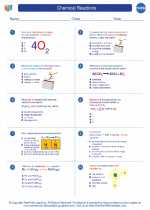
 Worksheet/Answer key
Worksheet/Answer key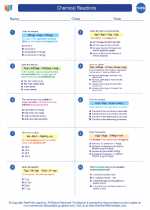
 Worksheet/Answer key
Worksheet/Answer key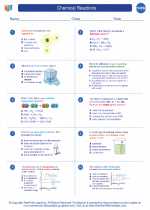
 Worksheet/Answer key
Worksheet/Answer key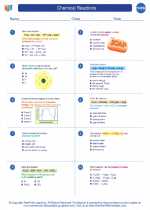
 Worksheet/Answer key
Worksheet/Answer key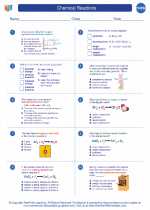
 Vocabulary/Answer key
Vocabulary/Answer key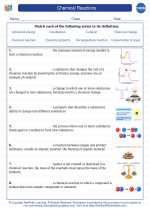
 Vocabulary/Answer key
Vocabulary/Answer key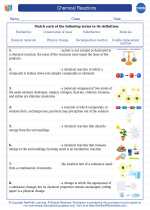
 Vocabulary/Answer key
Vocabulary/Answer key